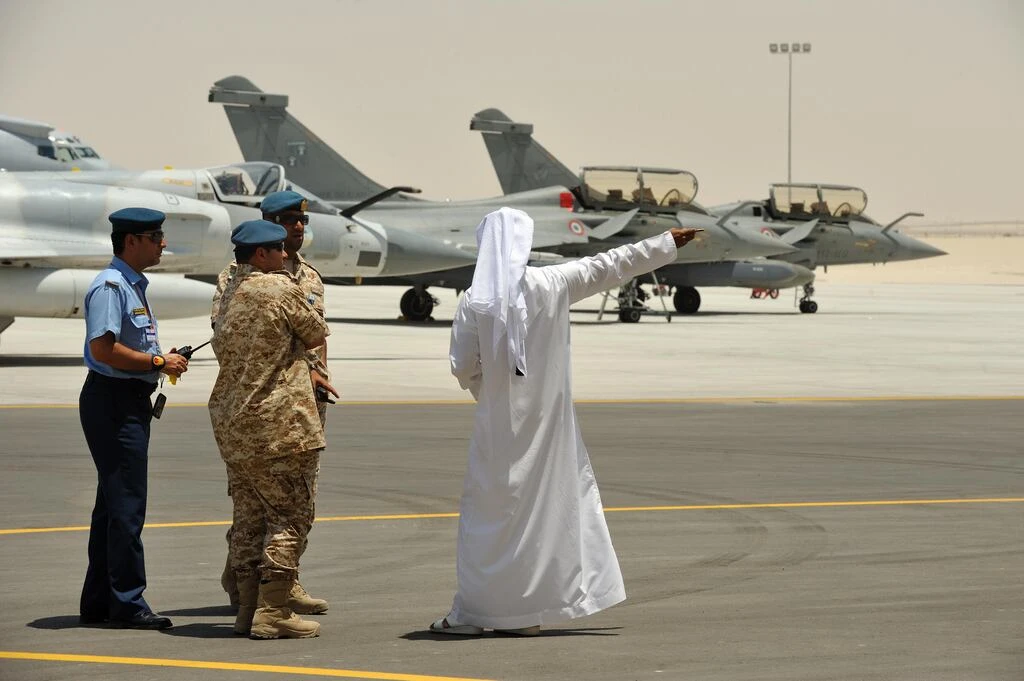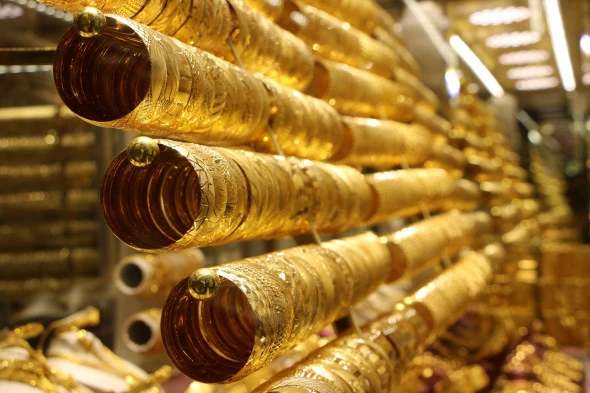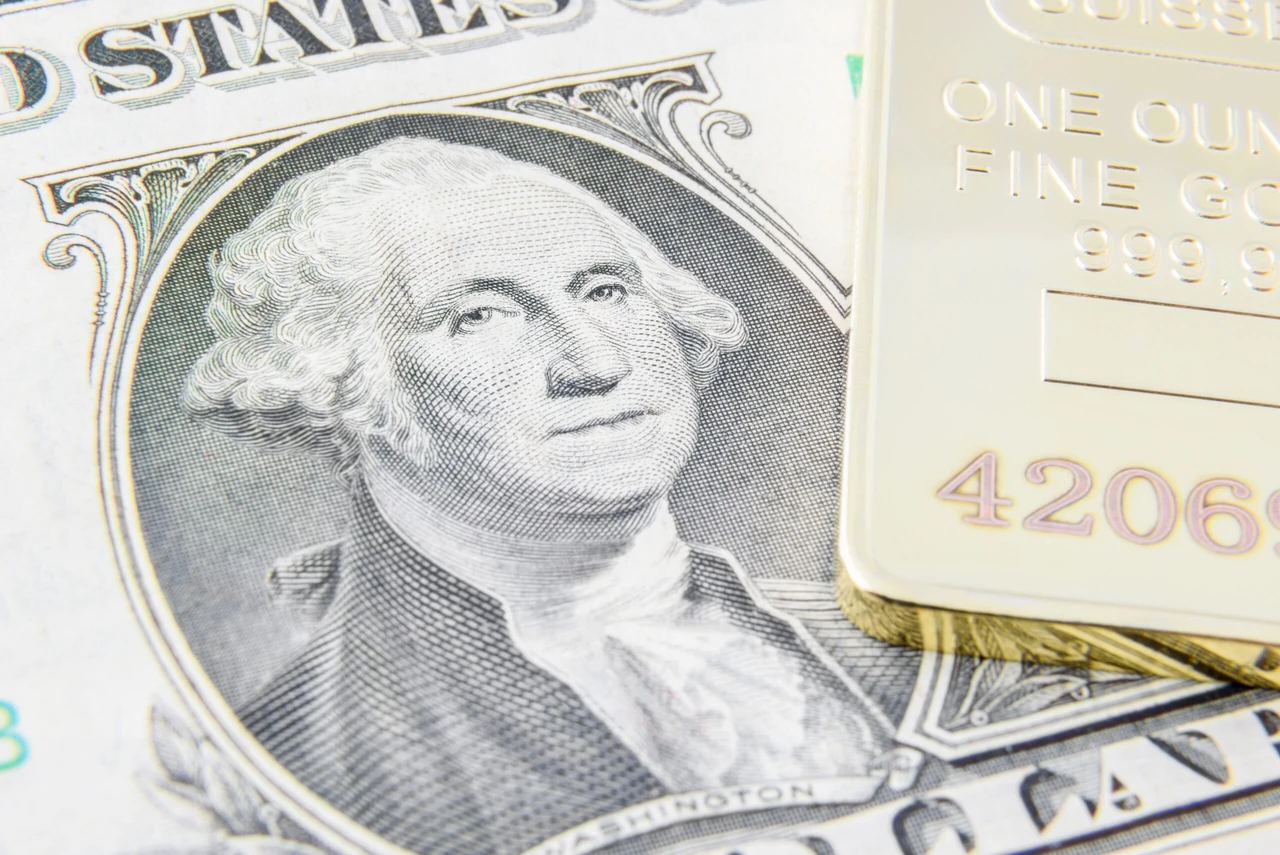Why UAE keeps losing its proxy wars
 Emirati military personnel stand near two French jet fighters Rafales and an Emirati Mirage 2000-9 at a military base near Abu Dhabi on May 25, 2009. (AFP Photos)
Emirati military personnel stand near two French jet fighters Rafales and an Emirati Mirage 2000-9 at a military base near Abu Dhabi on May 25, 2009. (AFP Photos)
This week, UAE-backed Rapid Support Forces (RSF) suffered a defeat in Sudan, marking yet another failure in the country’s broader strategy of projecting influence across the region.
While the loss of Khartoum is not a devastating blow to the UAE, given its continued access to Darfur’s gold reserves, the recurring failures of Emirati-backed factions raise questions about the sustainability of its foreign interventions.
Despite its considerable wealth and ambition, the UAE’s strategy in Sudan, as in other regions, has been marked by a series of characteristic miscalculations. Each defeat highlights consistent patterns in Abu Dhabi’s approach to power projection, underscoring its struggle to establish lasting influence.
Speaking to Türkiye Today, Joost Hiltermann, MENA Program Director of the International Crisis Group, highlights the broader survival strategy behind the UAE’s foreign policy.
“Ever since their independence, the Emirates have needed to survive in a world with more powerful forces around them, especially Iran and Saudi Arabia,” he explains. While initially relying on Western protection, the UAE has had to “devise alternative means of staying above water,” as U.S. involvement in the region has waned.
This shift has led to a multifaceted approach: strengthening ties with Israel while also engaging diplomatically with Iran, projecting power regionally to secure resources such as food supplies, and aggressively countering perceived threats.
However, as Hiltermann points out, “None of this has happened without setbacks.” The ongoing war in Gaza has strained relations with Israel, and Saudi Arabia remains wary of the UAE’s economic and political ambitions, particularly in Yemen and Sudan.
In conflicts like Libya, Yemen, and Sudan, the UAE has “punched above its weight and overreached,” he noted. Yet, unlike some regional players, Abu Dhabi appears capable of learning from its mistakes.
Despite its missteps, Hiltermann describes the UAE as “a small but effective military power in a bigger and often hostile sea,” indicating that while its strategy has been fraught with challenges, it has still managed to carve out a significant role on the regional stage.

The ‘Little Sparta’
Reflecting its ambitions to punch above its weight in a volatile region, the UAE is often described as “Little Sparta,” a moniker attributed to former U.S. Defense Secretary James Mattis. However, unlike traditional middle powers that carefully balance alliances and commitments, the UAE has increasingly sought to operate independently, taking on strategic risks that might exceed its capacities.
The primary driver of this shift has been the perceived decline of U.S. engagement in the Middle East. From George W. Bush to Barack Obama and Biden to Donald Trump again, Washington’s reluctance to commit long-term military resources has led the UAE to seek greater self-reliance.
The country has attempted to become “the little Sparta that could,” diversifying its military partnerships, investing in security autonomy, and pursuing aggressive policies in multiple conflict zones.
With Trump’s return to office, the urgency behind this strategy has only grown. Trump’s transactional approach to alliances means that any American support comes with significant costs, pushing the UAE further toward self-sufficiency in military and strategic affairs.
Geopolitical overextension
One of the fundamental flaws in the UAE’s foreign policy is its tendency to overextend itself. The country is simultaneously involved in Sudan, Yemen, Somalia, and Libya, often without clear long-term strategies for success.
Unlike Saudi Arabia, which has recalibrated its foreign engagements, the UAE continues to commit resources to multiple conflicts, spreading itself thin. This overreach not only strains its military capabilities but also creates contradictions even with its Gulf neighbors, particularly Riyadh, which has adopted a more cautious approach in recent years.
More fronts often mean fewer gains from each, whereas concentrating resources on a single front increases the likelihood of success—unless, of course, you are the United States.
It’s not only superpowers
Despite its huge potential and effective diplomatic power, the UAE’s diplomatic approach has often been counterproductive. Unlike Qatar, which has engaged in dialogue with Iran, or Saudi Arabia, which has sought rapprochement with Turkey, the UAE leans heavily on unilateral military interventions and covert operations, excluding collaboration with some of the regional actors.
This lack of regional coordination isolates Abu Dhabi, leaving it vulnerable when conflicts turn against its interests. Emirates has cultivated an image of high standards of living coupled with the narrative of tolerance, presenting an original identity through these elements.
However, its ability to complement these efforts with soft power and diplomacy will ultimately determine its influence rather than relying excessively on lobbying within key power centers.
As power-sharing emerges as a trend in the wider Middle East, offering more tangible benefits, the UAE risks diminishing returns if it continues to pursue unilateral projection over cooperative engagement, as no regional middle power is capable of dictating everything, as each has its own limitations.

Misaligned alliances
The UAE’s choice of allies has frequently undermined its long-term impact. Instead of backing widely accepted or internationally recognized actors, Abu Dhabi has often aligned itself with controversial groups and autocratic warlords, many of whom require significant efforts to maintain legitimacy.
In Sudan, for example, the government has accused the UAE of complicity in genocide because it backed certain armed groups. In Libya, Emirati support has been closely tied to Russian operations, raising concerns among Western powers. These alliances not only limit the UAE’s credibility but also make it harder for its proxies to achieve sustainable success.
Had the UAE adopted a more pragmatic approach—supporting less marginalized figures and movements—it could have wielded greater influence without the reputational damage associated with backing pariah actors. Countries like Turkey, for instance, have successfully leveraged their support in Syria to shape political outcomes more effectively, though it takes time and patience.
Soft power disconnect
Another major weakness in the UAE’s strategy is its failure to connect with the broader Arab public. Yousef Al Otaiba, the UAE’s ambassador to the U.S., once stated that secularism is essential for long-term peace and stability in the Middle East. However, this vision is at odds with the political realities on the ground.
The Arab Spring, for all its failures, reflected deep-rooted societal grievances and aspirations for change. The UAE’s counterrevolutionary stance alienates it from these popular movements, making its long-term influence tenuous.
One of the clearest examples of this disconnect is the issue of Palestine. While much of the Arab world remains united in support of Palestinian rights, the UAE has prioritized diplomatic and economic relations with Israel. In an era where U.S. alliances are becoming increasingly uncertain, this alignment risks further distancing the UAE from regional sentiment.
Strategic gaps
The UAE’s ambitious foreign policy, while impressive in scale, suffers from strategic flaws. Overextension, poor diplomatic engagement, misaligned alliances, and a failure to resonate with the Arab public all contribute to its repeated setbacks.
If Abu Dhabi hopes to establish itself as a sustainable regional power, it will need to recalibrate and stand more decisively on its points—focusing on strategic depth rather than breadth. Otherwise, its reputation as “Little Sparta” may continue to be defined more by its losses than by its victories.



